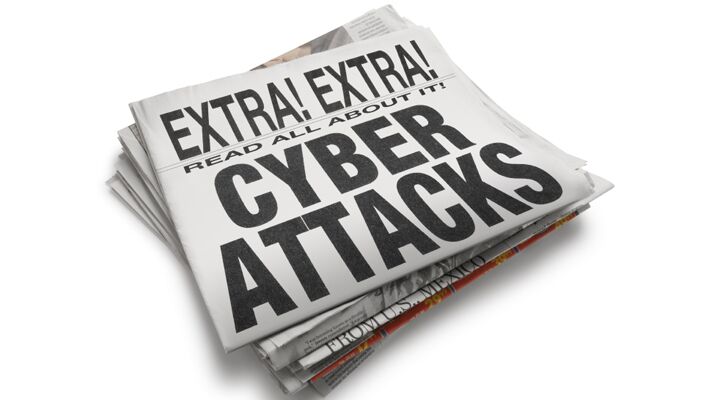
Muslim Protesters Transition From Streets to Cyberspace
While thousands are still storming U.S. embassies and consulates in the Middle East and Asia to vent their outrage over the Innocence of Muslims video, tech-savvy radicals are taking the protests into cyberspace.
On Tuesday, a group calling itself “cyber fighters of Izz ad-din al qassam” claimed Bank of America and J.P. Morgan Chase as its latest victims. Customers found themselves unable to access the websites of these financial institutions owing to an attack believed to be a distributed denial of service hit that congests networks with computer traffic.
Prior warning had been posted on PasteBin, a bulletin board popular with cybercriminals. It explained:
[The] United States of America, with the help of Zionist regime, made a sacrilegious movie insulting all the religions, not only Islam. All the Muslims worldwide must unify and stand against the action. Muslims must do whatever is necessary to stop spreading this movie. We will attack them for this insult with all we have. All the Muslim youths who are active in the cyberworld will attack … American and Zionist Web bases as much as needed such that they say that they are sorry about that insult. We … will attack the Bank of America and New York Stock Exchange for the first step. These targets are properties of American-Zionist capitalists. This attack will be started today at 2 p.m. gmt. This attack will continue till the erasing of that nasty movie. Beware this attack can vary in type. Down with modern infidels. Allah is the greatest. Allah is the greatest.
National security officials, however, are asserting that these cyberattacks were carried out by the government of Iran and that the cyber fighters of Izz ad-din al qassam are just a cover. Head of the Homeland Security Policy Institute Frank Cilluffo reported to the U.S. House of Representatives’ Committee on Homeland Security that “the government of Iran and its terrorist proxies are serious concerns in the cyber context. What Iran may lack in capability, it makes up for in intent. They do not need highly sophisticated capabilities—just intent and cash—as there exists an arms bazaar of cyberweapons, allowing Iran to buy or rent the tools they need or seek.”
Whether the cyber fighters of Izz ad-din al qassam are operating independently or as a disguised subdivision of Iran’s Revolutionary Guard, the potential harm is immense. Real or manufactured outrage has toppled governments in the Arab Spring and triggered numerous violent attacks to U.S. embassies in the recent Muslim uprisings, supposedly over a video that had been on YouTube two months before September 11.
As these radicals are rallying supporters to electronic warfare, America remains vulnerable to cyberattack. Acknowledging this weakness, a U.S. intelligence official said that “an attack on America through cyberspace is destined to happen,” in the words of Fox News. Privately-owned computer networks are the most vulnerable and legal hurdles prevent much from being done about it. “I hope this isn’t one of those situations where we won’t do what we need to do until we get slammed,” Deputy Defense Secretary Ashton Carter said on Wednesday.
In his January 1995 article, Trumpet editor in chief Gerald Flurry described computer dependence as America’s Achilles heel. “Will one of God’s curses come upon us in the form of computer terrorism? We are not receiving God’s blessings. We are being cursed,” he wrote. Read The United States and Britain in Prophecy to understand the cause that effects curses and blessings.
